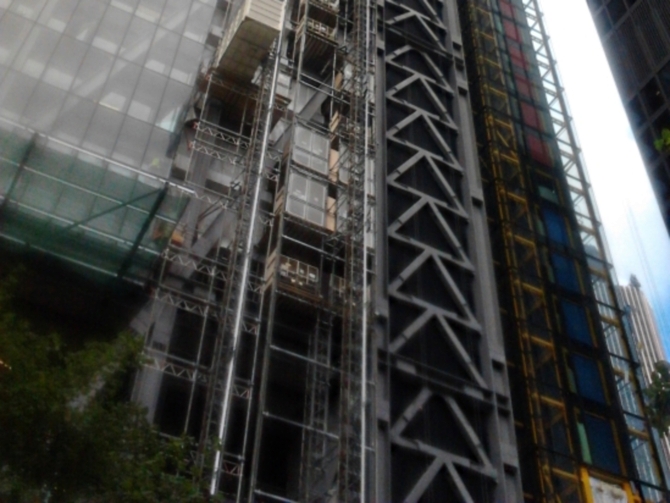Office construction in the capital has fallen by 5 per cent over the last six months according to Deloitte’s latest London Crane Survey. The survey records only 15 new starts – the lowest number since 2010 – and there is very little development in the pipeline following this year’s peak.

Central London currently has the lowest level of available space for six years and the fall in construction means that supply is unlikely to keep pace with anticipated demand. However, Deloitte believes that this will not pose a long-term problem and forecasts that a new wave of development is imminent.
Of the 9.2 million sq ft currently under construction, the vast majority (7 million sq ft) will be delivered this year – the largest amount since 2003. Following this there will be a downturn in new property coming to the market, leading to fierce competition for space over the next 12 to 18 months.
But there are factors which point to this situation as being a temporary one. One of these is the level of demolition and major strip-outs currently underway in the capital. This amounts to 4.5 million sq ft – equivalent to over seven and a half Shards – and Deloitte anticipates work to begin on a high proportion of these sites shortly.
This new phase in the construction cycle will be assisted by a wider availability of finance for speculative development. This includes joint ventures and forward funding, allowing developers to begin schemes which would not have been possible during the recession.
Another reason why Deloitte is optimistic about the outlook is that there are a number of sites where construction is planned but which has not yet begun, making them ineligible for inclusion in the Crane Survey. These sites, where planning permission has been granted over the past six months, are expected to add an extra 3.2.million sq ft to the pipeline.
The longer term outlook suggests that greater levels of commercial development will be required. London remains Europe’s leading business centre and is well positioned to benefit from the recovery. Of the leading 250 companies with European HQs, 40 per cent are based in London.
In addition, projections point to an increase of 300,000 London jobs by 2020. As a result an additional 4.6 million sq ft of office space per year will be needed to satisfy the sustained demand this will create.
Deloitte also forecasts a rise in London office rents. In the City and the West End growth of 4 per cent per annum is predicted over the next five years. This is on top of the substantial rises recorded since rents bottomed out in 2009.
It’s interesting to see that the construction rate has fallen when reports like these ( http://www.gva.co.uk/research/ ) are stressing just how much the commercial property sector is booming in London!